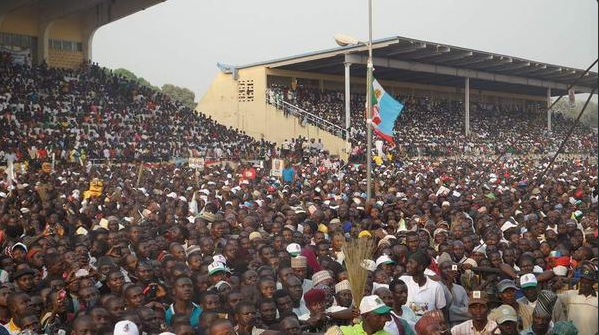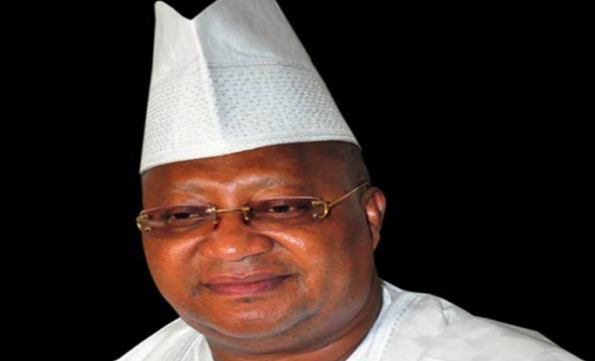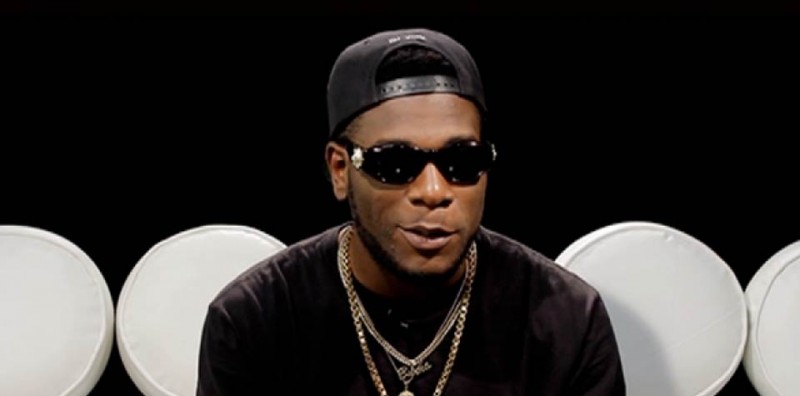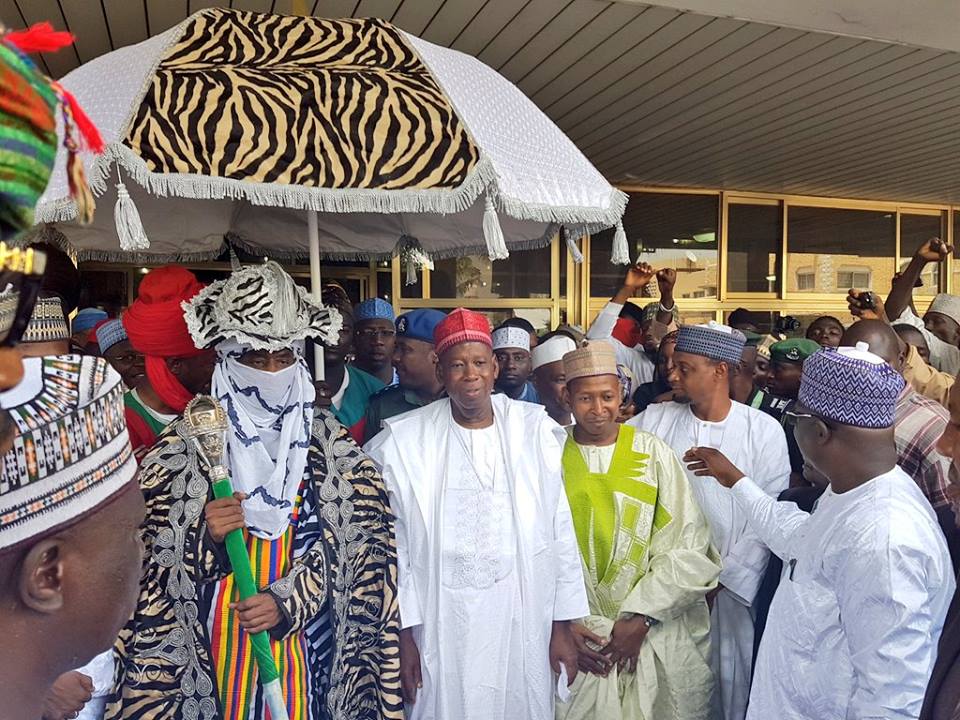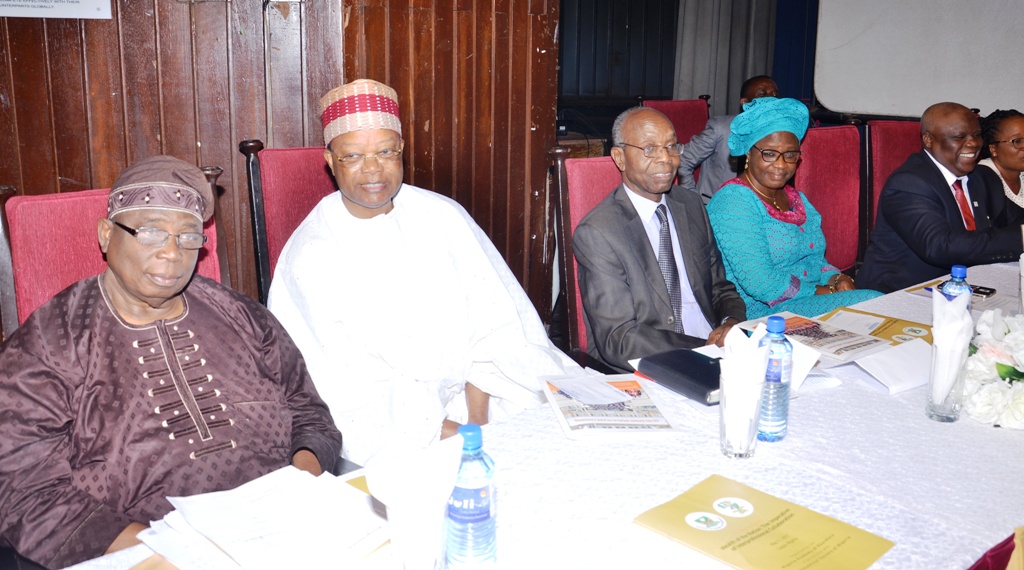BY ALEXANDER IFEANYINCHUKWU
There is a growing swirl of political hurricane sweeping through the Americas and Europe in a manner that is urgently eroding and reducing political party leadership establishments to redundancy and irrelevance. First was the United States of America, USA, where in its presidential elections November last year, Donald Trump, an unorthodox and outsider to Americas mainstream political actors against all odds and regardless of little or no support from the leadership of the Republican Party, not only picked the party’s ticket but beat the Democratic Party candidate and favourite, Hillary Clinton in a manner that completely left pundits and political commentators star gazing, helpless and confounded.
Next was France, where Emmanuel Macron, 39, whose political party was formed barely one year ago, swept formidable opposition aside to become the new French President in an election French people are asking: What happened?.
In both cases, resentment and rejection of the establishment was total and decisive. Citizens are not only disenchanted and thoroughly frustrated by global political leadership failure but are standing up resolutely to express with voting vehemence the totality of their disappointment. Voters across the globe are now willing to move from the known to the unknown, from political party membership and allegiance to zero party experiments in the hope of getting desired results. What is completely dizzying in some of the cases already cited is that the principle of the silent majority especially amongst non-committed voters is at play.
Advertisement
Back home in Africa, no one appears prepared for the political upheaval that is leading to a popular revolt against incumbent President Jacob Zuma in South Africa. His party’s massive defeat in last year’s local elections in the Pretoria and Johannesburg areas have been the best indicator yet that the upcoming national elections in South Africa portend a disaster movie in the making for Jacob Zuma and his ANC.
Nigeria’s case is not too different either. The two leading political parties, the All People’s Congress, APC, and the People’s Democratic Party, PDP are in dire straits. For the APC the situation is particularly pathetic. Coming to power in the general elections of 2015, President Muhammadu Buhari’s victory over incumbent PDP president Goodluck Jonathan had all the trappings of a nation seemingly under a hypnotic trance. Nothing could go wrong for Buhari as indeed nothing went wrong. Buhari’s time had come as his corruption free credentials swept him to power in a manner that left the country and its citizens breathless.
Today and after two years in office this May 29, President Buhari must be wondering what went wrong. Nigerians too are wondering aloud how they got themselves into this political entrapment. The APC machinery is just not working as a government. The Boko Haram war against insurgents in the North East of the country has undeniably recorded success in the manner the insurgents have been degraded. But like a bad penny that will not go away, allegations of unbridled and untoward corrupt sharp practices have continued to dodge the heels of very senior government officials.
Advertisement
Without doubt, the APC’s major problem is the inability of the amalgamating political parties that gave birth to it, the ACN, CPC, ANPP and the APGA to subsume individual and respective identities and interests for the wellbeing of the mother party. They have simply refused to dissolve. And so cleavages are still very deeply entrenched in the ruling party so much so the ill health of Mr. President is giving amplification to the robust but underground alignments and realignments of forces within the APC towards 2019. This sad picture has been made worse by the APC’s inability to hold any NEC meetings, conduct congresses at the ward, local government and state levels for fear that any attempt to carry out any of the exercises could lead to an implosion.
The case of the PDP cuts an even more pathetic picture. To be sure, the party has been the dominant political party in power since 1999 and like fish out of water now finds it hard to understand its new environment of opposition, alien to its disposition and orientation. It is now fragmented into two main factions that persons of critical and discerning political knowledge are hard put understanding. If we claim that the cause of quarrel in the APC stems from disagreements over the spoils of political victory, what shall we then say of the PDP?.
Those who know say that by the time the supreme court gives judgment on the PDP dispute and decides which of the factions of Senator Ahmed Makarfi or Senator Ali Modu Sheriff has a right to the leadership structures of the party, rebranding may very well have become impossible as the name will be near toxic in the nation’s political lexicon. The PDP can only emerge from this crisis, a very well spent force having expended positive political energy in a negative direction.
Which is perhaps why a surge of political relief swept through the nation last week following newspaper reports that the Independent National Electoral Commission (INEC), was set to register five new political parties towards the 2019 general elections. Without doubt, this development will change the context and flavour of the 2019 elections and widen the scope of options for voters. The question is now whether, like their counterparts in the USA, France and the Gambia, Nigerian voters are prepared to take the plunge and give the APC and the PDP the shove and rejection they deserve.
Advertisement
According to newspaper reports, the five political parties billed for registration are the Advanced Democratic Progressive Movement, ADPM, Advanced Peoples Democratic Alliance, APDA, New Generation Party of Nigeria, NGPN, Young Peoples Progressive Party, YPP and Action Democratic Party, ADP. The newspaper quoted INEC’s Director of voter education and publicity, Oluwole Osagie-Uzi as saying that 16 of the 91 associations had paid the statutory fee of One million naira while 12 of them were undergoing verification.
Aside the excitement the development has elicited from across the country, questions pundits are asking are many and varied. Will the newly registered political parties be different, will they have learned from the mistakes of those before them, will they connect with the people and give power and voice to their yearnings and will they be driven by visible ideologies and philosophies directly related to programmes that can take the nation where it wants to be?.
Not a few Nigerians believe that democracy is at risk in Nigeria following the instability and negative attitudes of politicians to issues of national interest. They readily point to the fact that after sixteen years of democracy, successive governments have through crass incompetence been unable to provide stable and regular supply of electricity, rehabilitate the nation’s poor road network not to mention the sorry of portable drinking water in our urban and rural areas. They point to the opulent and exuberant living styles of the political class to the neglect of the millions of Nigerians who live in penury and abject poverty.
To this extent pundits are already speculating that the new political parties will be better managed, connect more with people and generally usher in a new era of political party focus and determination not so much because the politicians are going to be neophytes and newcomers but essentially because there is so much to learn from and correct in the manner the existing parties have been run. Whichever ever way one looks at it, the registration of new political parties by INEC will generate fresh hopes and expectations in a country where political parties hardly inspire confidence at the moment.
Advertisement
Alexander Ifeanyichukwu wrote from Lagos.
Advertisement
Add a comment
